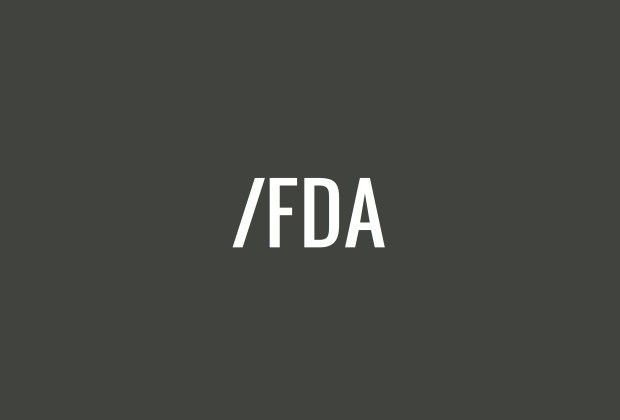The U.S. Food & Drug Administration (FDA) has appealed a ruling from a federal court in Maryland that changed the date substantial equivalence submissions are due from August 2021 to May 12, 2020.
Attorneys for the Department of Justice filed a short notice of appeal in American Academy of Pediatrics, et al. v. United States Food and Drug Administration, et al. Earlier this year Judge Paul W. Grimm ruled against FDA in the case, which was brought on by health groups and pediatricians in the state of Maryland.
Those groups argued that FDA’s approach to regulating other tobacco products, specifically vaping and e-cigarettes, was not legal and was causing both the groups and the public harm. Grimm ruled in favor of the plaintiffs, finding that FDA had arbitrarily created deadlines for various parts of the rule, most notably the deadlines for which tobacco products had to file submissions for product approval with FDA.
He then asked both sides to present alternative timelines for regulation. Ultimately, Grimm went with a timeline presented by FDA, which accelerated the regulatory process by about 450 days.
Throughout its defense, FDA argued that the plaintiffs had no standing because they couldn’t show the harm that was done to them by the timelines FDA had created, which Grimm denied. FDA also argued that the groups were unable to challenge executive rulemaking in the manner they did, one source indicated the appeal would likely focus on the latter.
For its part, the cigar industry has also tried to fight the Maryland ruling.
First, it asked a Washington D.C.-based federal court that has heard arguments in the cigar industry’s lawsuit against FDA to throw out the Maryland ruling due to legal claims, a move the court denied last week.
Yesterday, the same groups filed an amended complaint in their ongoing lawsuit with FDA which highlighted both the legal questions and real-world impacts of the Maryland decision.
Part of those claims also call into question whether FDA will be capable of evaluating submissions under the new timeline. This is particularly controversial given that FDA has announced that it plans to introduce an overhauled substantial equivalence process with no timeline about when that might be finalized. It also has indefinitely delayed the process for testing of products because it has not finalized guidelines for the testing process.
While the Maryland court case centered almost exclusive on e-cigarettes and vaping products, it will impact the cigar industry due to the change in the substantial equivalence deadline.
Substantial equivalence is expected to be the main approval process for cigars once FDA’s regulations are fully in effect. In short, a manufacturer would argue that its product is substantially equivalent to an already approved or grandfathered product, and as such poses no additional health risks and does not market towards children.
The Maryland ruling also moved forward the deadline for premarket tobacco product applications, which is what e-cigarette and vaping companies are expected to use.


